|
Happy Healthy Eating is a free mini guide that explores how food and nutrition impact our mood. Included are foods to eat, nutrients to fortify, and ways of controlling eating habits for cultivating happiness and coping with depression. Read the images below or skip to the bottom for a text transcription of the whole guide. Physical copies are available in our Etsy Shop or check out our Books and Zines for more empowering and motivational guides. My other mini mental health guides include Happy Healthy Suffering, Happy Healthy Habits, and Happy Healthy Checklist.
Transcription Introduction Food and nutrition are deeply tied to mental and physical health. Eating well and fortifying the proper vitamins and minerals can greatly improve symptoms of depression and anxiety. If you can afford it, getting a nutrient test is a good starting point on understanding where your diet could use some some improvement. This guide is derived from chapter 7 of The Happiest Choice: Essential Tools for Everyone's Brain Feelings. You can learn more about my book and the science of happiness at www.sageliskey.com Please note that while the information contained herein is researched and has worked for me, I am not a medical professional and none of this is meant to be medical advice. As such I do not guarantee the accuracy of the information presented and disclaim liability for errors and omissions. Basics of Healthy Eating Depending on your body type, age, and race, you may need a slightly different diet than others, but there are general guidelines to healthy eating: always stay hydrated with water, eat breakfast, don't eat within 3 hours of going to sleep, consume a wide assortment of cooked and raw whole foods with a variety of color, eat at regular times throughout the day, eat your largest meal for lunch, avoid heavily processed foods such as white bread and sweets, eat local and organic, and maintain healthy gut bacteria by eating fermented foods and prebiotics. Nutrients to Fortify for Anxiety and Depression Deficiencies that may increase the chance of experiencing depression or anxiety include vitamins B1, B2, B6, B9, B12, C, and D, as well as Calcium, Iron, Magnesium, Phosphorus, Potassium, Omega-3 Fatty Acid, Selenium, and Zinc. Of these, three of the most common deficiencies that people fortify in their diet are Vitamin D, Vitamin B12, and Omega-3 Fatty Acid. Vitamin D is synthesized when sunlight strikes the skin between 10AM and 3PM but may be blocked by clothing, sunscreen, clouds, and even the atmosphere during winter in latitudes above 37 degrees, It is also in fish and a less potent form, D2, is in some plants. Vitamin B12 only reliably comes from animal sources unless supplemented. It loses efficacy in light, oxygen, and acid or alkali environments, and may be lost in water or meat juices in cooking. Omega-3 Fatty Acid has a whole range of health benefits and is found in flax seeds, fish, walnuts, and soybeans. It is heat sensitive and is best fortified while reducing your consumption of omega-6 fatty acids from fats like corn, safflower, sunflower, and canola oils. Anti-Inflammatory Diet Some doctors associate depression with inflammation and have found that an anti-inflammatory diet can help reduce symptoms. Anti-inflammatory foods include berries, onions, garlic, broccoli, apples, almonds, olive oil, turmeric (when combined with pepperine or black pepper), anti-oxidant rich foods, and omega-3 fatty acids. Inflammatory foods include omega-6 fatty acids, trans fats, saturated fat from meat and dairy, sugar, refined grains such as white bread and pasta, alcohol, gluten, and anything you are allergic to. To test for food allergens get a test done or go on an exclusion diet. Eating Intentionally Changing your diet can be really difficult so here are some tips to help control your eating habits: eat meals at scheduled times throughout the day, give away unhealthy food gifted to you as a present to someone else or the compost, say a mantra 50 times such as “I love myself so I do not eat ____” or “I feel really bad when I eat ____”, drink water especially if you feel hungry after you recently ate, eat slowly and focus wholly on the flavor and texture of the food, only buy whole foods which have not been heavily processed, consider the amount of money saved not buying processed foods, grow your own food, refrigerate leftovers rather than overeating, learn about how habits work, and take on a label such as sugar free or vegetarian.
1 Comment
This 6 page mini-booklet is available for purchase at www.etsy.com/shop/radcatpress along with several other quick mental-health guides. Introduction Habits allow us to learn an action so well that we don't have to think about how to do it, freeing up our consciousness for other tasks. This is often beneficial to our survival and happiness, but not always. The following is meant to help you understand how to transform unhealthy or destructive habits and form healthy and uplifting ones. This guide is derived from chapter 5 of The Happiest Choice: Essential Tools for Everyone's Brain Feelings. You can learn more about my book and the science of happiness at www.sageliskey.com Please note that while the information contained herein is researched and has worked for me, I am not a medical professional and none of this is meant to be medical advice. As such I do not guarantee the accuracy of the information presented and disclaim liability for errors and omissions. What Is A Habit? According to Charles Duhigg, habits can be broken down into three parts: Habit Cue - The sights, smells, flavors, sounds, feelings, and memories that initiate the desire to act out a habit. These you can be aware of. Habit Action - The habit itself. The brain automates these unconsciously so your thoughts are free to perform other tasks. Habit Reward - The chemical reward your brain gives you for completing a habit. Example - The smell of cookies (cue) leads you to buy and eat a cookie (action) which gives your brain a dopamine high (reward). Forming Habits 1) Repeat the behavior often and regularly. 2) Form one new habit at a time and do so slowly repeating the habit a few times a week rather than daily to start out. 3) Make rewards for accomplishing your habit visible, such as an exercise journal of improvements or a special treat. 4) Make a game out of the activity, either competing against yourself or other people. 5) Work on forming the habit with another person, such as an exercise buddy, therapist, pet, or support group. 6) If you are not motivated to doing a healthy activity, think of it in a more interesting way such as “to love my whole body,” “I do this for artistic inspiration,” or, “today I need to see my tree friends.” 7) Make good habits more visible. For instance, put supplements next to your bed, healthy foods on the kitchen counter, or a book you should read in your bag. 8) Force yourself to do it. It may be uncomfortable, but really, you're never going to want to do something you don't feel motivated to do, or have yet to create a habit for. As Amy Cuddy says, “fake it till you make it.” Deforming Habits 1) Recognize the habit cues and rewards for a given habit. 2) If a habit cue such as stress or seeing junk food causes you to perform an unhealthy habit, train yourself to perform a healthy habit when you receive those habit cues instead. 3) Remove unhealthy habit cues such as toxic friends and living environments. 4) Break habit cues by changing your environment. The easiest way to change a habit is by doing so on vacation. 5) Put the habit just a little further out of reach so you think twice before initiating it. Block websites and hide addicting food. Eating Intentionally 1) Eat meals at scheduled times. 2) Give away unhealthy food gifted to you as a present to someone else or the compost. 3) Say a mantra 50 times such as “I love myself so I do not eat ____.” 4) Drink water, especially if you feel hungry after you recently ate. 5) Eat slowly and savor the flavor. 6) Only buy whole foods which have not been heavily processed. 7) Consider the amount of money saved not buying processed foods. 8) Grow your own food. 9) Refrigerate leftovers rather than overeating. 10) Take on a label such as sugar free or vegetarian. |
About Me
Hi! My name is Sage Liskey, the founder of the Rad Cat Press. I grew up seeing a lot of the disturbing, toxic, and unhealthy sides of American culture, and I wanted to do something to change it. Since 2010 I have been writing books and zines (booklets) focused around uplifting lives and reimagining society, with a primary focus in mental health and empowerment. I believe a better world is possible, so I hope you feel inspired and a little more fulfilled from what you find here. Read on about my mission.
Subscribe to my Patreon here for lots of great perks including e-books of all my work, discounts, member's-only content, access to my digital library, and much more!
My Books and Zines
Instagram
Upcoming Events
Categories
All
Archives
August 2023
|
|
© 2022 -- Sage Liskey. All rights reserved
RadCatPress@Gmail.com |
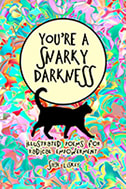
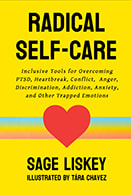
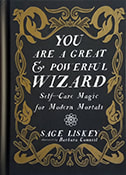
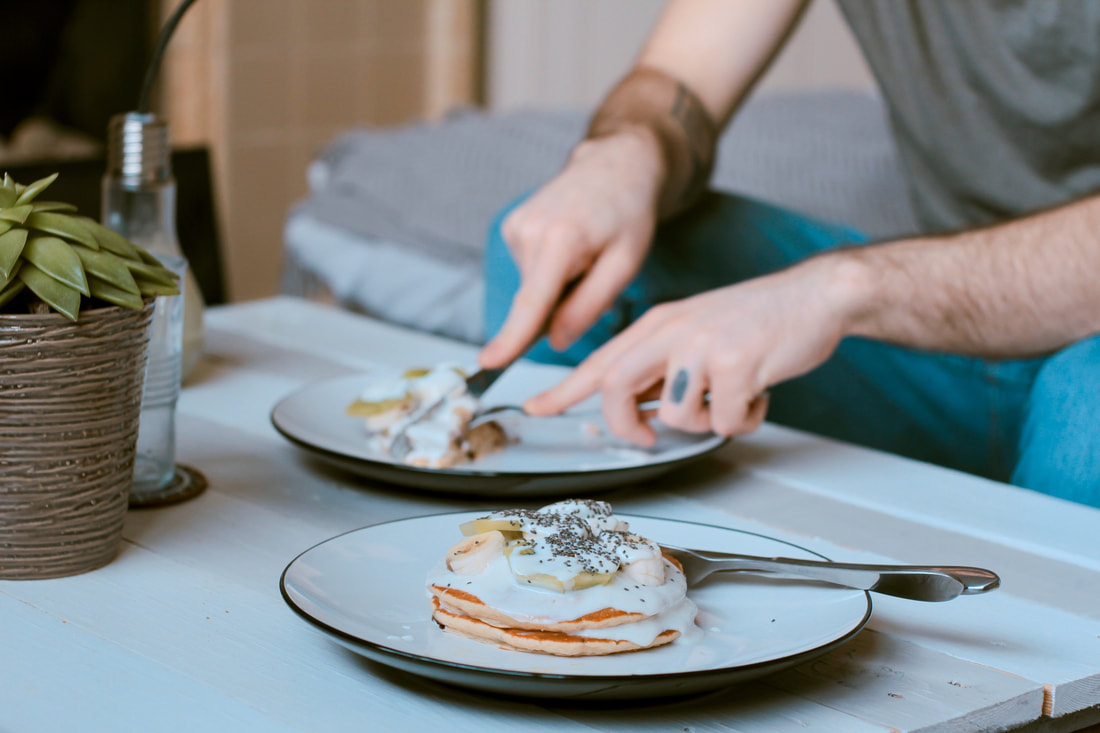
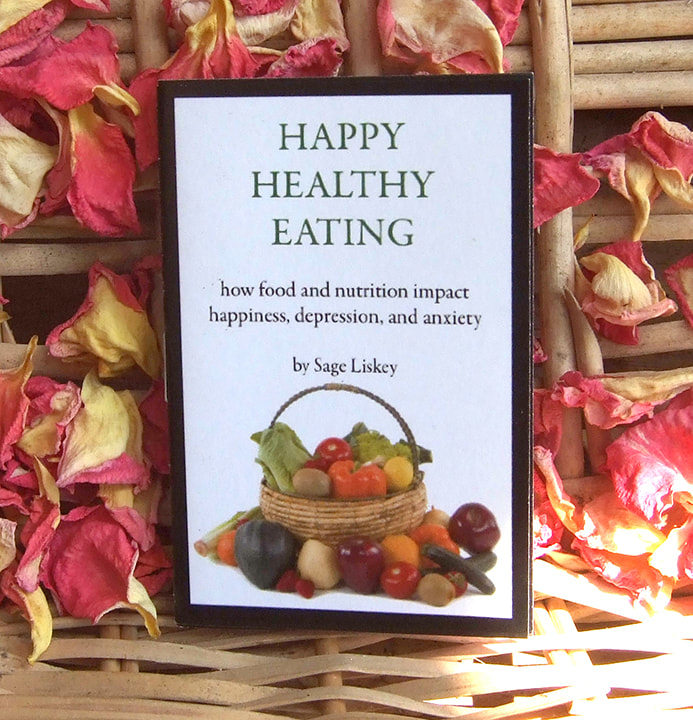
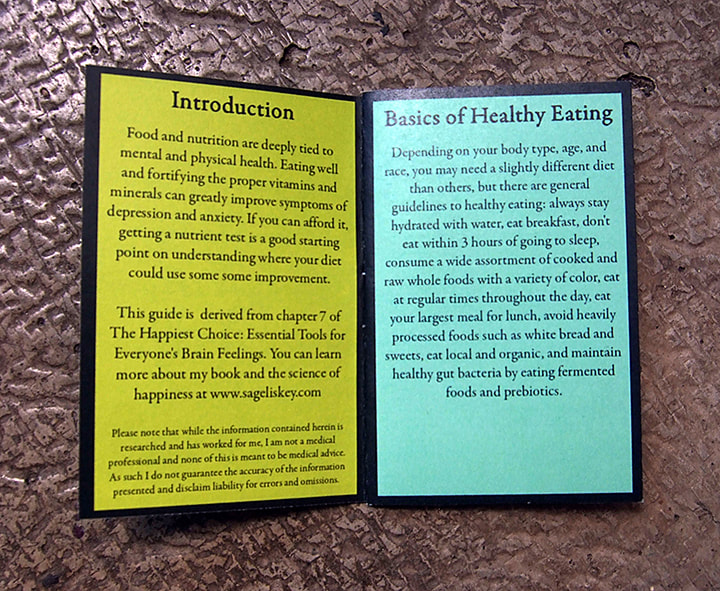
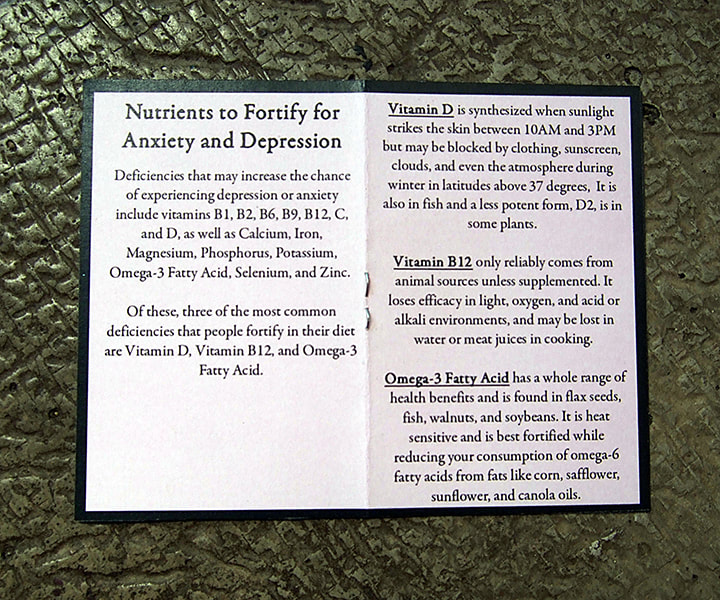
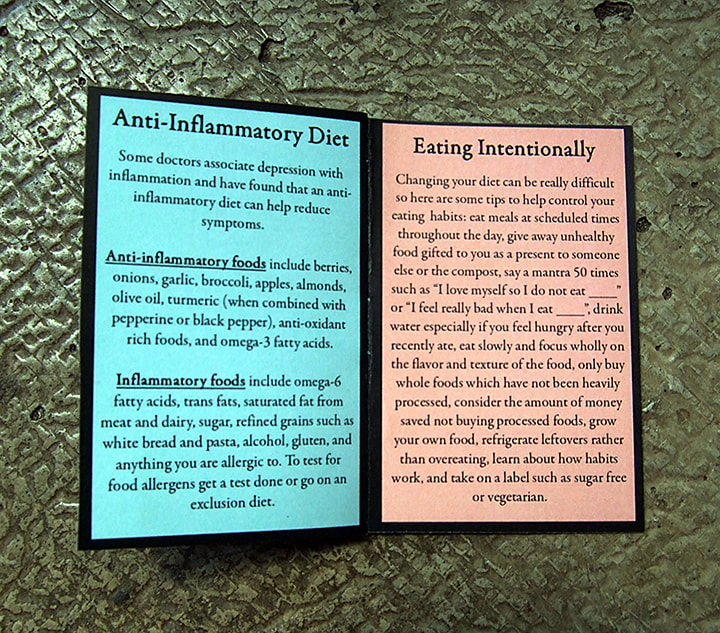
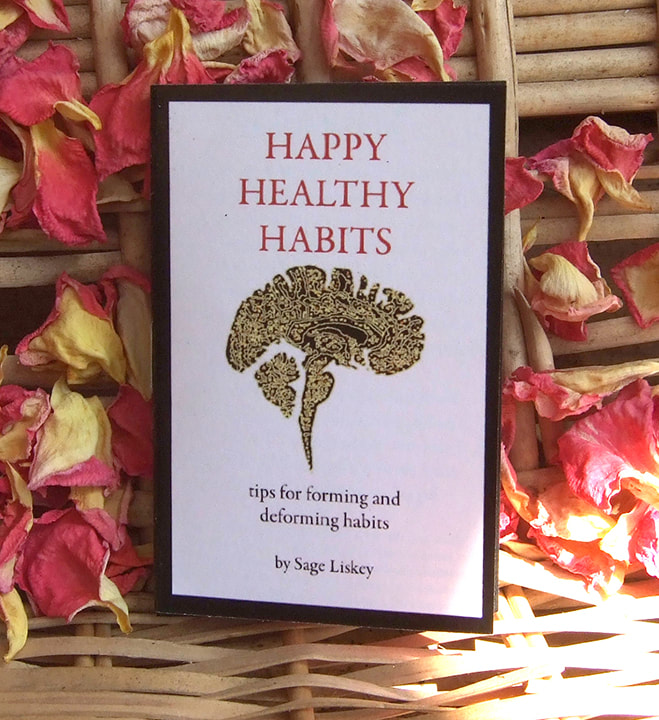
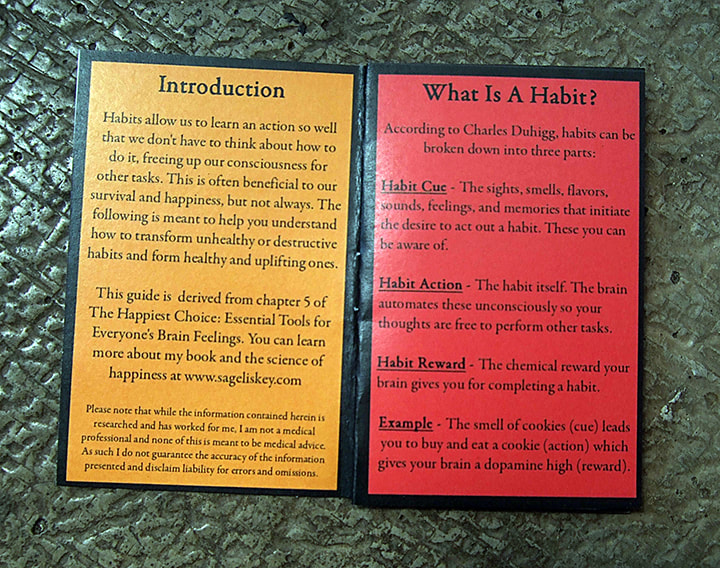

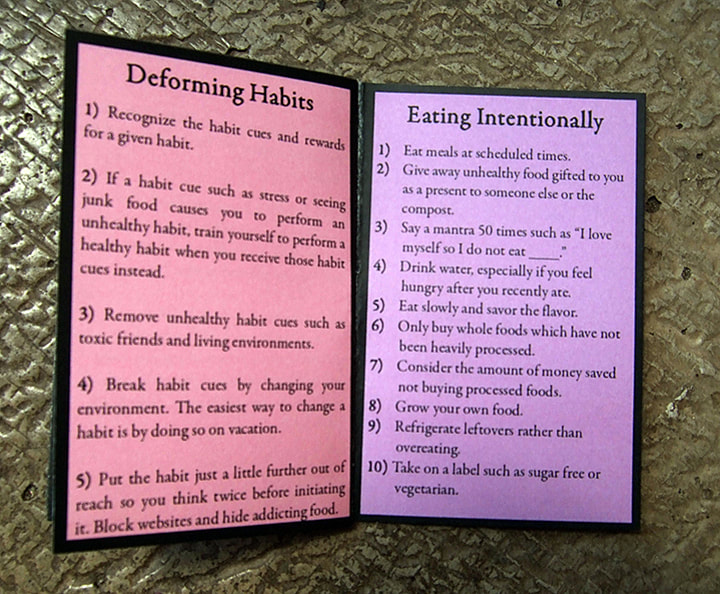

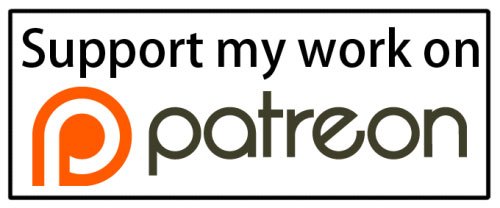
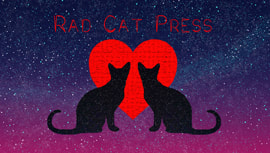
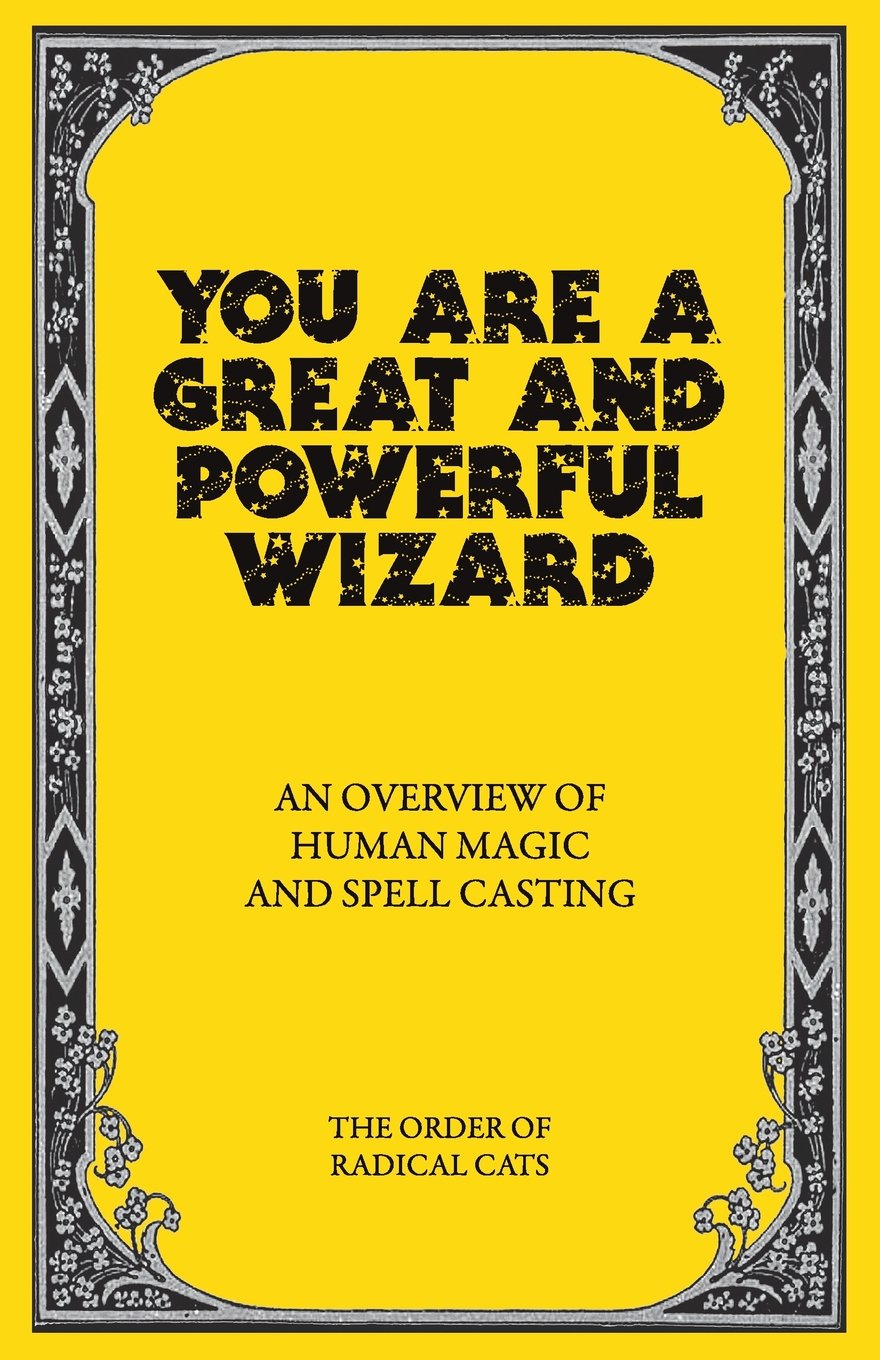
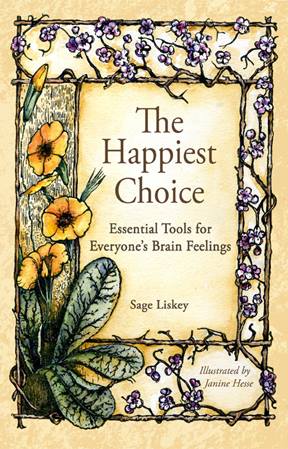

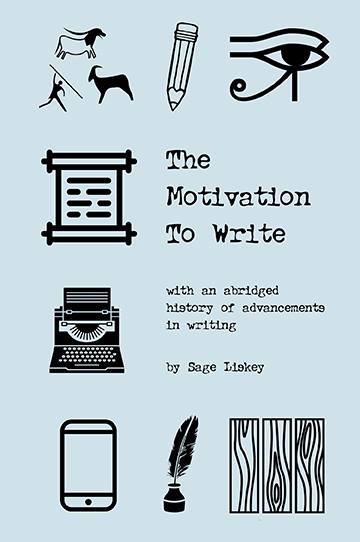
 RSS Feed
RSS Feed